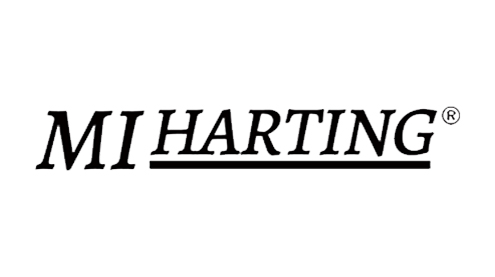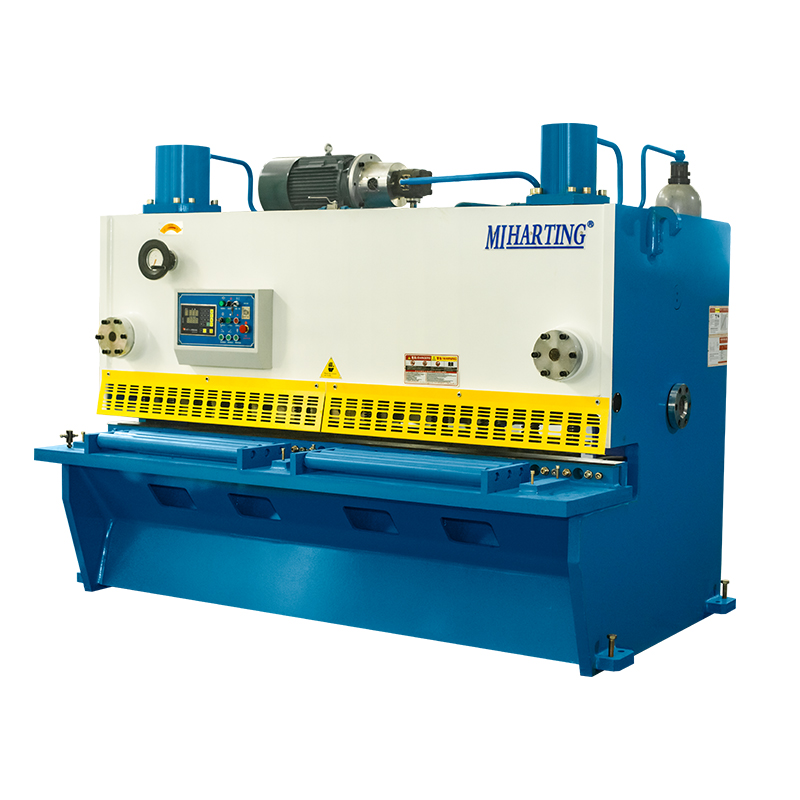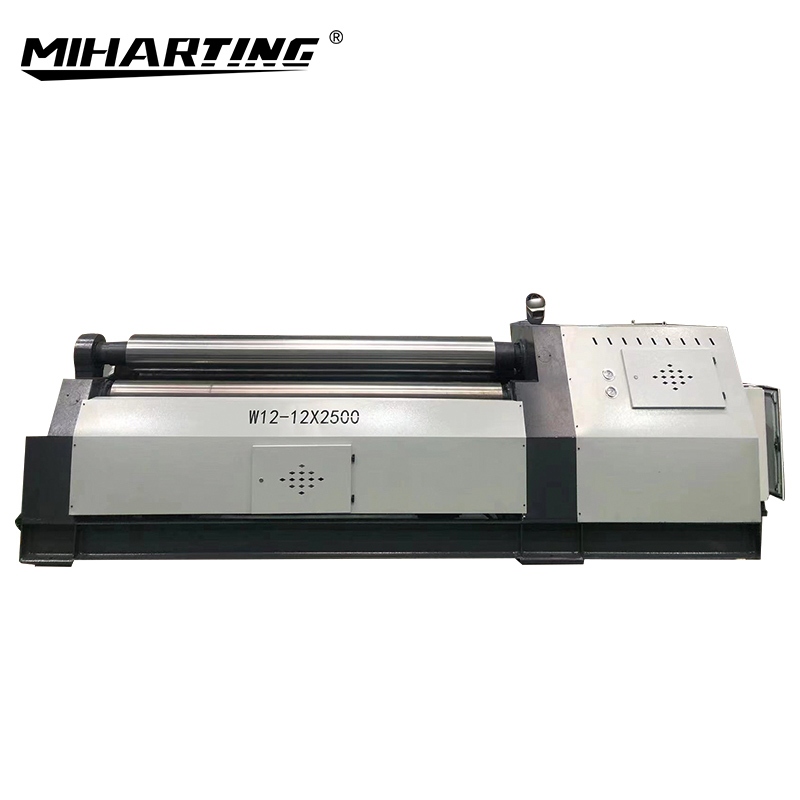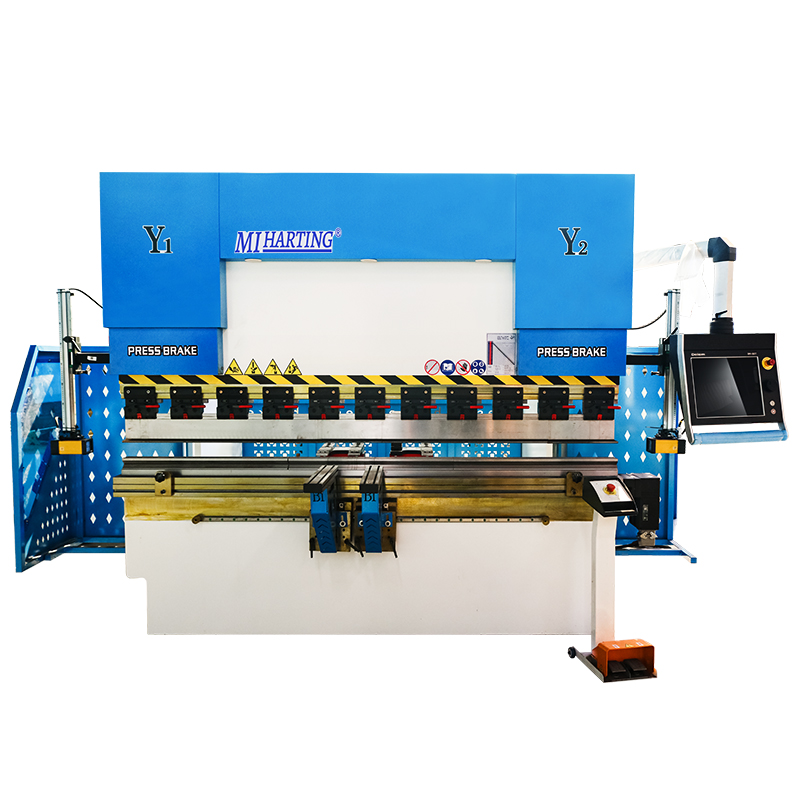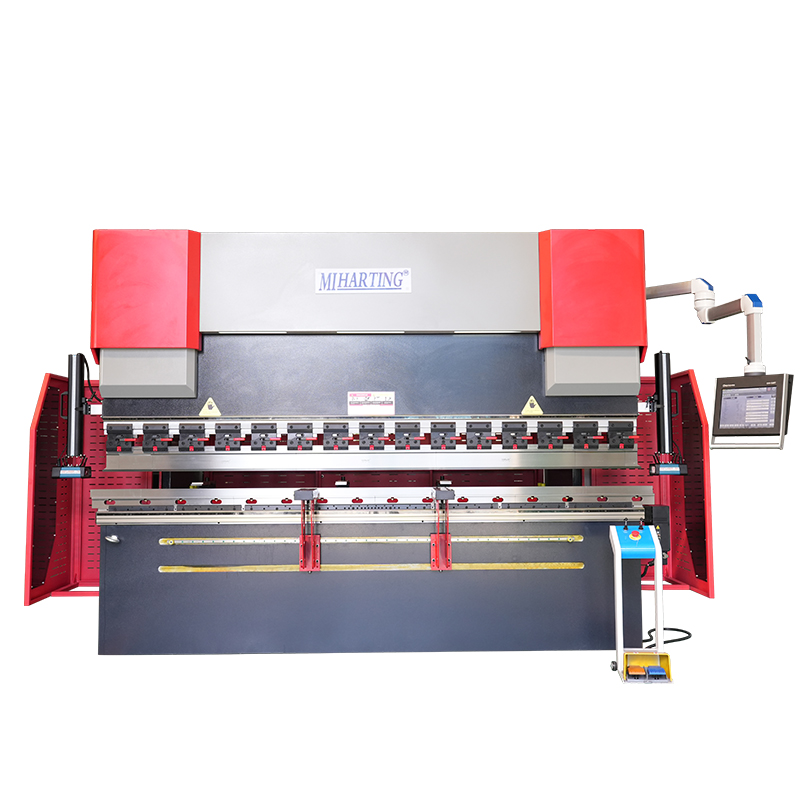A shearing machine is used for cutting or shearing materials like metal sheets, plates, or bars. Today let's talk about the types and working principles of shearing machine:
Working Principle of Shearing Machines:
Material Placement: The material to be cut (typically metal sheets or plates) is placed between two blades – an upper blade and a lower blade.
Shearing Force: The upper blade is moved (either mechanically, hydraulically, or manually) to press down onto the material. This force causes the material to shear or break at the point where the upper and lower blades meet.
Shearing Action: The material is cut by the difference in speed between the blades and the force exerted. The sharp edges of the blades provide a clean cut across the material.
Material Handling: After shearing, the cut material is removed and further processed, if necessary.
The cutting action may vary in speed, precision, and force depending on the type of shearing machine.
Common types of Shearing Machines:
Mechanical Shearing Machine
Working Principle: A mechanical shearing machine uses an electric motor to drive a flywheel, which transfers rotational energy to a crank or gear mechanism. This mechanism moves the upper blade up and down to cut the material.
Operation: The force is transmitted via mechanical components like cranks, cams, or gears.
Applications: These machines are best suited for cutting thin and soft materials (e.g., thin steel plates, aluminum, etc.).
Hydraulic Shearing Machine
Working Principle: In hydraulic shearing machines, a hydraulic pump generates high-pressure fluid, which moves a piston in a cylinder. The piston moves the upper blade downwards to shear the material. The force is applied more smoothly and can be precisely controlled.
Operation: The hydraulic pressure is adjusted to suit the thickness and type of material being cut. This provides higher cutting force compared to mechanical shearing machines.
Applications: Suitable for cutting thicker materials such as medium to heavy steel plates and high-strength alloys.
Guillotine Shearing Machine
Working Principle: A guillotine shearing machine operates by a single-blade motion (either mechanical or hydraulic). The blade moves vertically and shears the material by applying a powerful force. The upper blade moves in a straight line down to the lower blade, cutting the material.
Operation: The guillotine is ideal for cutting metal sheets, where the material is placed against a back gauge that sets the cutting length. The blade then makes a vertical cutting motion.
Applications: Used for cutting large metal sheets and plates, especially in industries such as construction and shipbuilding.
Understanding the working principle and the appropriate type of shearing machine for your application is essential for achieving optimal performance and efficiency in metal cutting.
